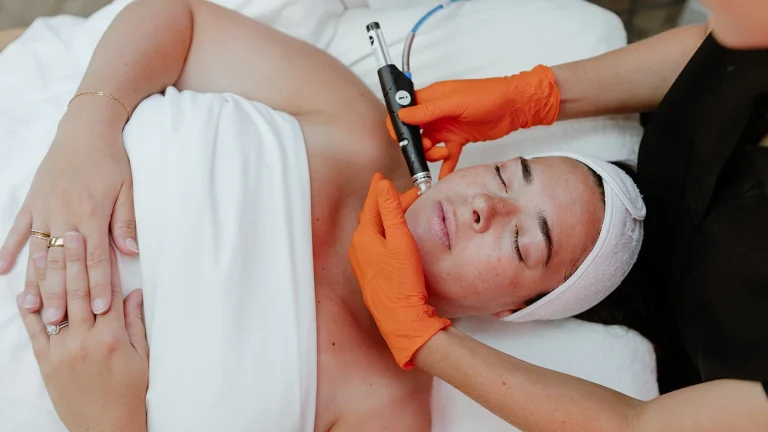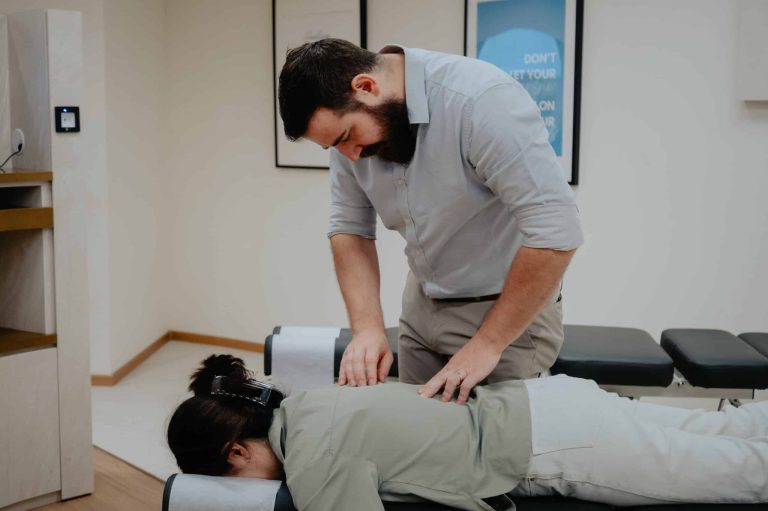Day: April 24, 2024
Major Causes of Debilitating Pain Resulting From Sciatica
Sciatic nerve pain can be disabling. The excruciating pain can prevent you from even getting out of your bed. The pain results from several issues […]
Sleep Apnea Types, Symptoms, and Treatment
Sleep apnea can be defined as the condition that causes an individual to stop breathing while sleeping. Lack of breathing comes with the consequence of […]
Top 5 Benefits of Using Orthodontic Expanders
Expanders have become one of the most orthodontic treatments recently, and many people are turning to them to prevent oral complications and improve overall oral […]
The 4 Main Conditions That Require Acute Care Surgery
Acute Care Surgery is an area that has three vital sections. It deals with critical care, emergency surgery, and trauma. Surgical specialists involved in acute […]















